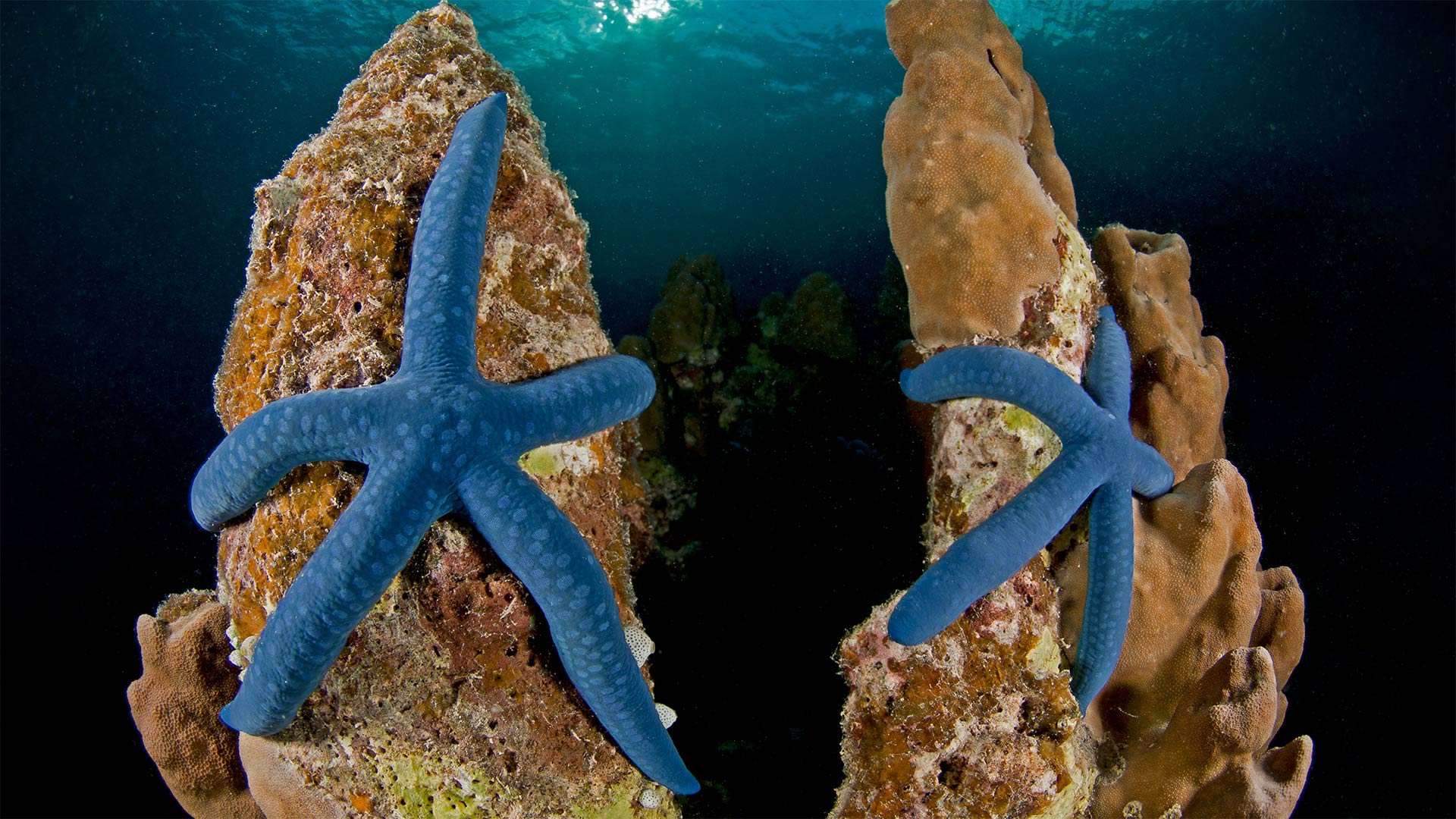The International Criminal Court (ICC) is currently working to hold individuals accountable for committing crimes against humanity. This is a significant step in the fight against atrocities and human rights abuses, as it sends a strong message that those who commit such heinous acts will not go unpunished.
The ICC, which was established in 2002, is a court of last resort with the mandate to prosecute individuals for the most serious crimes of concern to the international community, including genocide, war crimes, and crimes against humanity. Its mission is to bring justice to victims and prevent future atrocities.
In recent years, the ICC has made significant strides in prosecuting individuals for crimes against humanity. It has launched investigations and brought charges against individuals responsible for widespread and systematic attacks against civilians, including murder, extermination, enslavement, torture, and other inhumane acts.
One of the most high-profile cases handled by the ICC is the situation in Darfur, Sudan, where government forces and allied militias were accused of committing widespread human rights abuses against civilians. The ICC issued arrest warrants for several individuals, including high-ranking government officials, and has continued to pursue justice in the face of significant challenges.
The ICC’s efforts to prosecute individuals for crimes against humanity are crucial in holding perpetrators accountable and providing justice to victims. By bringing perpetrators to trial, the ICC sends a powerful message that such acts will not go unpunished and helps to deter future atrocities.
Moreover, the pursuit of justice by the ICC can also contribute to bringing about reconciliation and healing in societies that have been torn apart by conflict and human rights abuses. Holding individuals accountable for their actions can help to address the grievances of victims and survivors, and can contribute to the rebuilding of trust and social cohesion.
However, it is important to note that the ICC’s work is not without its challenges. The court faces obstacles such as lack of cooperation from states and non-state actors, limited resources, and political pressures. In addition, the ICC’s jurisdiction is not universal, and it relies on the cooperation of member states to carry out investigations and prosecutions.
Despite these challenges, the ICC remains committed to its mandate and continues to work towards the prosecution of individuals for crimes against humanity. Its efforts are a testament to the international community’s commitment to justice and accountability for the most serious crimes.
In conclusion, the ICC’s work to prosecute individuals for crimes against humanity is a critical step in the fight against impunity and the protection of human rights. By holding perpetrators accountable, the ICC sends a powerful message that such acts will not go unpunished and can contribute to preventing future atrocities. The international community must continue to support the ICC in its important work and ensure that it has the resources and cooperation it needs to carry out its mandate effectively.







